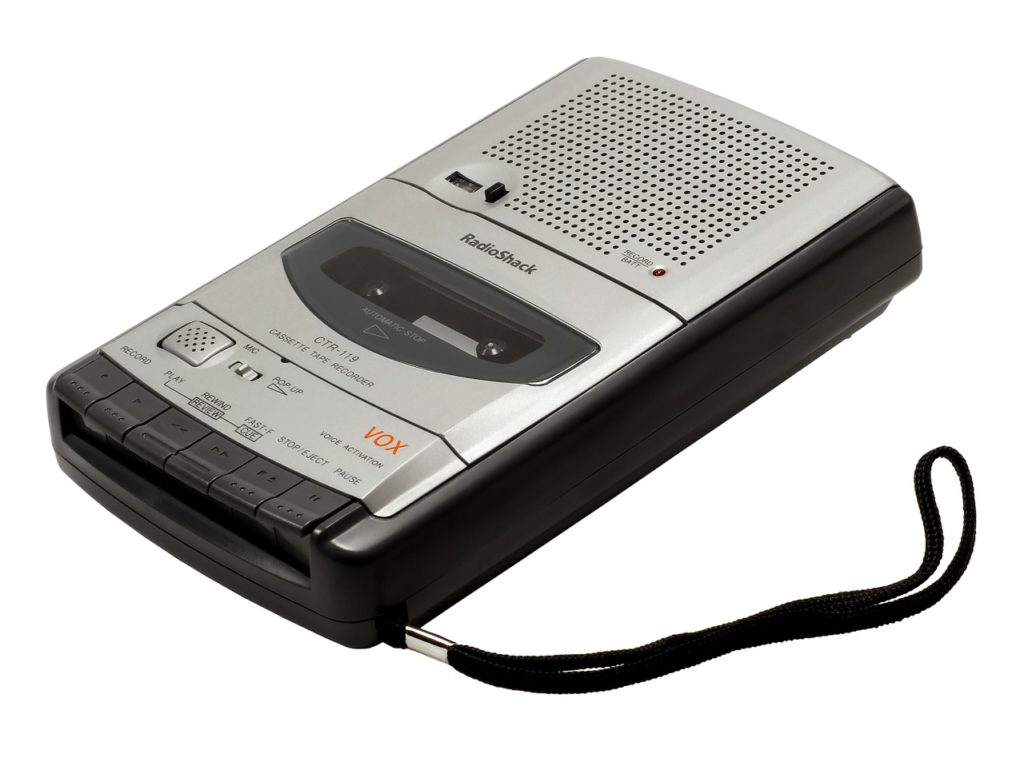
How Do You Plan A Concert Checklist?
How Do You Plan A Concert Checklist in 2021? Start With The Actual List!
Event venues are starting to come to life everywhere. As a promoter or a venue manager, you are possibly wondering how do you plan a concert checklist these days? Before the pandemic, there were many areas to consider: from budgeting to calendars; from supplier information to sales stats. Now, you have additional safety and hygiene variables to consider.
According to Eventbrite, “The average venue employee spends between one and four hours every day on booking and ticketing alone.” No wonder why planning a concert can become an overwhelming task if there is not an organized way to visualize and manage all the pending items.
You can start by simply putting a list together, unique to your own promoting or venue needs. This could be an Excel spreadsheet you used pre-2020, or even plain paper.
Depending on your local authority’s regulations, you will have to adjust certain items when you plan a concert checklist, for instance:
- Understanding the number of tickets you are now allowed to sell.
- Identifying special seating arrangements that will ensure social distancing.
- Including additional rental equipment, like screens or crowd control devices.
- Adding hygiene equipment and products (i.e. hand sanitizer dispensers, antibacterial soap, disinfectant wipes, among others) to your pre-concert purchases list.
- Considering buying health monitoring equipment (i.e. thermometers, oximeters.)
- Determining if you need to hire additional staff to perform extra cleanups?
- Asking if you need to complete procedures, such as obtaining additional permits, for the event to take place?
- Ensuring all contingency plans are in place, in case there is the need to unexpectedly cancel the show?
With this initial list, you have a clearer map of the road ahead of you. Every event planner knows there might always be something unplanned to solve, so the sooner you put this list together, the better for you and your team.
Related: Interview with EXIT/IN Nashville on Thriving and Surviving During COVID
Why Is Project Management an Important Concert Checklist Skill?
Whether you are planning a massive festival – like the ones that used to take place before 2020 – or an intimate solo show, all concerts are projects. For them to turn out perfectly, they require a particular skill from the people involved; it does not matter if it is a promoter or a venue manager.
This skill is widely known in other industries as project management. As Jonathan Feist defines it in his book Project Management for Musicians: Recordings, Concerts, Tours, Studios, and More it is “the process of deliberately implementing a vision. It is a strategic approach to accomplishing articulated goals in which you take control of all the details, coordinate all moving parts, organize all components, and systematize all activities, working methodically to produce the desired outcome so that everything that occurs is in service to the overarching vision.”
If you see a concert not only as an event that takes place at a certain date and time but as a series of pieces, actions, and elements that need to be put together in a certain order, it will be easier for you to perceive it as a project.
Accomplish a continuum of small goals way before the show begins. Make sure both parties sign the contracts, and focus on marketing as early as possible.
Those small goals may ring a bell. Remember the draft list you put together above, in the section “How do you plan a concert checklist”? That is your project, your concert, broken down into actionable pieces. As a project manager, it is easier to have a list you can follow to ensure nothing is missed.
Get the right software and tools
At this point, you have a list of to-dos, and you have put on the hat of project manager for an upcoming concert. If it were as simple as crossing off items of that list to consider them “done” (which you can always do, of course), there wouldn’t be so many tools and software available.
And also, it is very likely that you are not working solo on this. You have a group of people, from your own team to third parties, who depend on your “go” or “no-go” signals to move forward with their own tasks.
In an ideal scenario, you should plan and execute your concert in a way that is efficient, productive, and profitable for all parties involved.
Related: White Oak Music Hall Uses COVID Shut-Down as Opportunity to Improve Operations and Efficiency
The only way to make this possible is to use that draft concert checklist you made and seek tools to perform each one of the tasks in an organized and transparent way. For ultimate efficiency, look for a single tool that incorporates all of the following venue management capabilities:
1) Time management
When it comes to concerts, time management involves everything from meetings and appointments, to holds and confirmed events. You need to find a calendar that lets you, your team, and other parties visualize when things are happening. Ideally, this calendar should be available on any device and will let you share information with whoever you choose.
2) Offer generatation
Independently of the size, you should obtain a tool that lets you create offers quickly, while also letting you calculate break-even points efficiently. This is a big part of your daily work as a concert planner, so take the time to explore which tool works best for you, or use a single tool that has built-in offer generation.
3) Finance tracking
As mentioned above, profitability is one of the most important variables when it comes to planning a concert. You should keep track of it all along the way, as everything that happens before the show, affects how profitable it is in the end. A tool that lets you integrate all financial variables, such as ticket counts, reimbursable expenses, overtime, etc, will help you manage this aspect easier. Even better if your tool lets you make projections into the future, allowing you to estimate the health of your overall operation within a month or even a year.
4) Settlement management
Both external settlements and internal settlements are key, because they help you make sure everyone is paid on time and for the right amount. Consider arming yourself up with a tool that allows you to settle with the agent, the artist, or even the tour manager efficiently, and to never again overpaying or underpaying your artist.
5) Collaboration & Communication
How do you plan a concert checklist without being able to collaborate with other people involved? Establishing effective communication channels and methods with all stakeholders is critical to perform all tasks in a timely and accurate manner.
6) Data Visualization
Having to estimate and visualize so many variables separately, such as true net, marketing ROI, revenue streams, taxes owed, or net profit, can be very overwhelming. Investing too much time in this could make you lose focus on other priorities. Make sure your tool allows you to visualize these types of data in an organized way, even better if it is in real-time.
As you go through this list of tasks, some app names may come to mind. How many of them was it for you? Three? Six? What if we told you that you could “rule them all” with just one software? Prism connects all these systems together because it was created by live event professionals who understand what you need as a promoter or a venue manager. It is a single software solution for live music managers everywhere. If it sounds too good to be true, feel free to book your demo now and see for yourself.

Matt Ford is the founder and CEO of Prism.fm, an Austin-based software company revolutionizing live music event management. With a background in entrepreneurship and a degree from the University of Wisconsin-Madison School of Business, Ford combined his self-taught coding skills with firsthand experience as a concert promoter to address the inefficiencies he observed in the industry. In 2018, he launched Prism.fm, an all-in-one platform designed to streamline operations for venues, promoters, and agencies by replacing cumbersome spreadsheets with integrated tools for booking, financial tracking, and contract management. Under his leadership, Prism.fm has grown significantly, achieving $3 million in annual recurring revenue post-COVID and securing over $15 million in funding . Ford’s commitment to building user-centric solutions has positioned Prism.fm as a trusted partner for over 1,500 venues and promoters worldwide.



